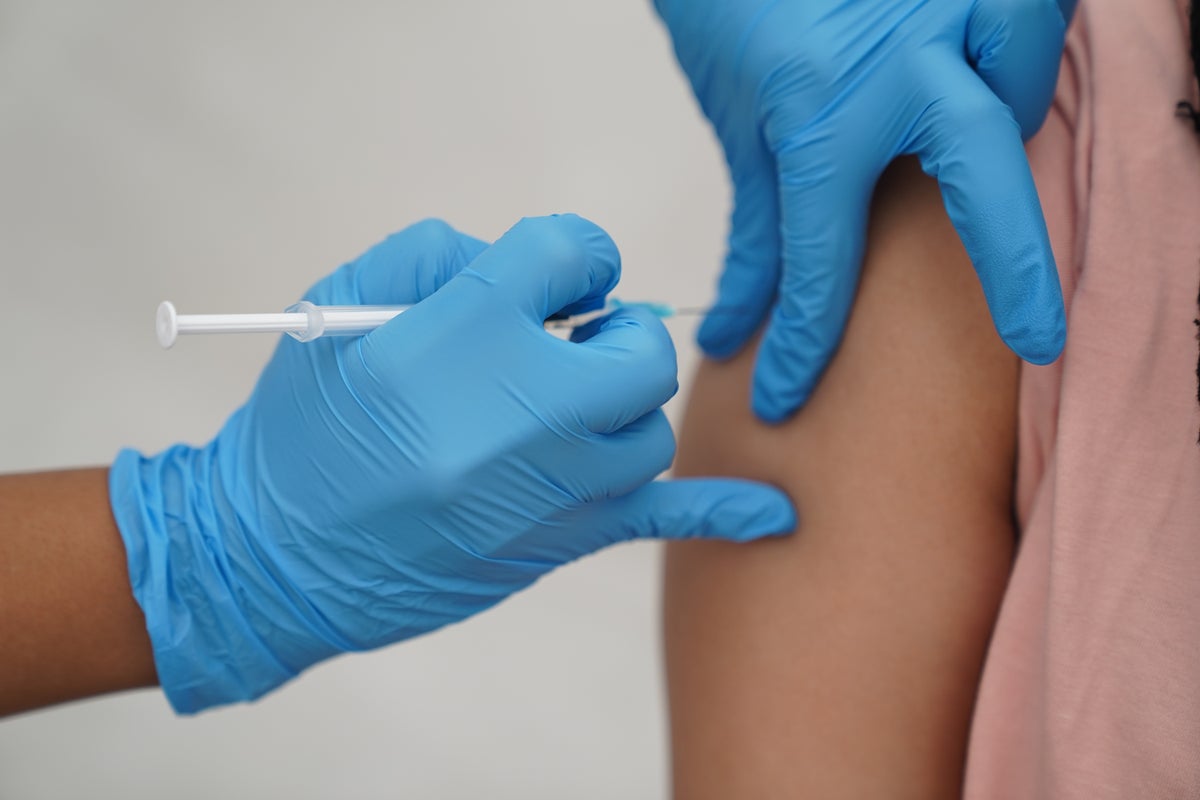
The Omicron variant of Covid-19 spread rapidly across the UK in December 2021 and January 2022 before the infection rate gradually fell away, emboldening Boris Johnson to drop the “Plan B” restrictions brought in to stop the spread before Christmas.
Speaking in the House of Commons in February, the prime minister said that guidance on mask-wearing in public places and presenting Covid passes to enter crowded venues would be scrapped as the New Year spike in infections waned without having resulted in the mass hospitalisations experts had feared.
Work from home guidance was also lifted, with people no longer encouraged to work remotely as had been the official guidance since 8 December 2021, as was the requirement to self-isolate, which was dropped a month ahead of schedule as the government sought to pivot to a “Living with Covid” strategy.
Nevertheless, a rise in UK hospital admissions for patients with Covid this week has prompted experts to warn that Britain could yet face a fresh wave of coronavirus infections.
Since the winter, only the over-75s have been offered second vaccine booster jabs (their fourth in total), meaning that immunity could be beginning to wane for many six months on from their last shot.
“If we are going to go into another wave, maybe that’s something that ought to be reconsidered,” John Roberts of the Covid Actuaries group suggested to The Independent on Monday.
NHS rules on boosters were relaxed in December 2021 so that all over-18s were offered a third jab, a decision to head off Omicron supported by the Joint Committee on Vaccination and Immunisation, which also recommended cutting the period between second and third jabs from six months to three in a bid to beat the variant.
That means that, if you have still not had a third jab and are aged over 18 – or over 16 with a health condition – and it has been at least three months (91 days) since you received your second dose, you can still get a booster.
If you are eligible, you no longer have to wait for the NHS to contact you to make an appointment online (as was the case originally).
You can also visit a local walk-in vaccination centre to get your jab, with patients advised to use the NHS online walk-in finder to locate their nearest centre with a postcode.
If you have had a positive Covid test, you are advised to wait four weeks (28 days) before booking your booster, starting from the date you had the test.
If you believe you are showing symptoms associated with the coronavirus, the current NHS advice is to take a lateral flow test and isolate at home for five days if you test positive to avoid passing it on to others (you should keep away from anyone likely to be particularly vulnerable because of their age or a pre-existing condition for 10 days).
If you do have to go out in public, you are encouraged to wear a face mask, avoid crowded indoor spaces and wash your hands for at least 20 seconds.
If you’re concerned about your symptoms or believe they are getting worse, you are advised to visit 111.nhs.uk, call 111 or call your local GP surgery.







